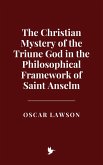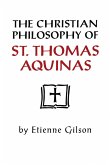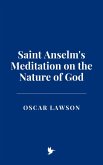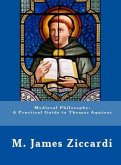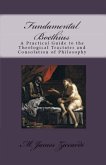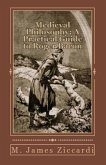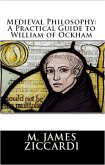Aquinas lived in a time of significant intellectual transformation. The 13th century saw the resurgence of Aristotelian philosophy in Europe, largely due to the translation efforts of scholars working in Spain, Sicily, and the Islamic world. The rediscovery of Aristotle, mediated through Islamic philosophers such as Avicenna (Ibn Sina) and Averroes (Ibn Rushd), posed both opportunities and challenges for Christian scholars. Aristotle's philosophy, with its emphasis on empirical observation, causality, and a rational order to the universe, stood in contrast to the predominantly Platonic and Augustinian framework that had dominated medieval Christian thought. Augustine, whose works heavily influenced early medieval theology, had incorporated elements of Neoplatonism, emphasizing the primacy of the divine intellect over material reality and the soul's journey towards God. Aristotle, by contrast, offered a more systematic and naturalistic approach to metaphysics and ethics, one that required careful reconciliation with Christian doctrine.
Dieser Download kann aus rechtlichen Gründen nur mit Rechnungsadresse in A, B, CY, CZ, D, DK, EW, E, FIN, F, GR, H, IRL, I, LT, L, LR, M, NL, PL, P, R, S, SLO, SK ausgeliefert werden.



